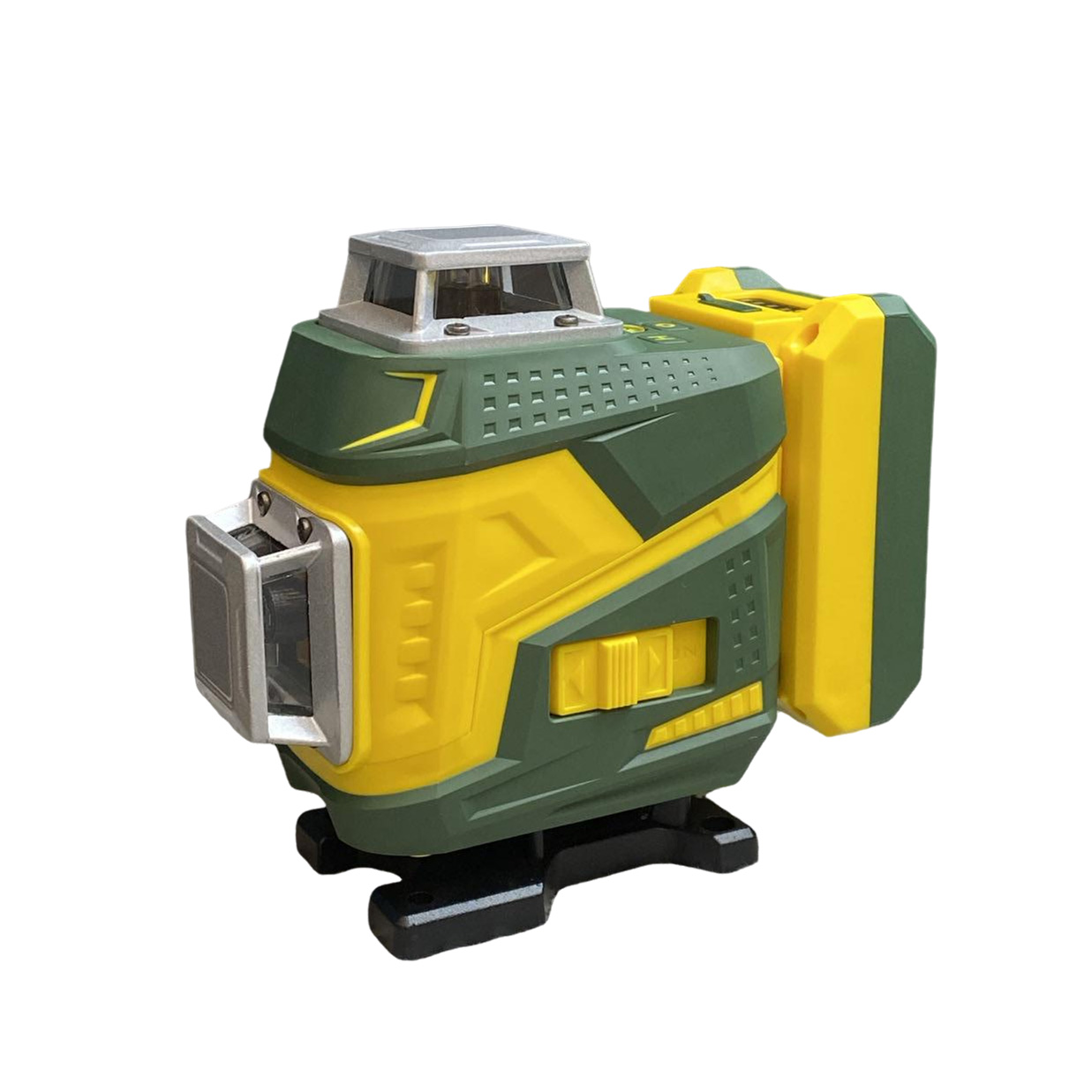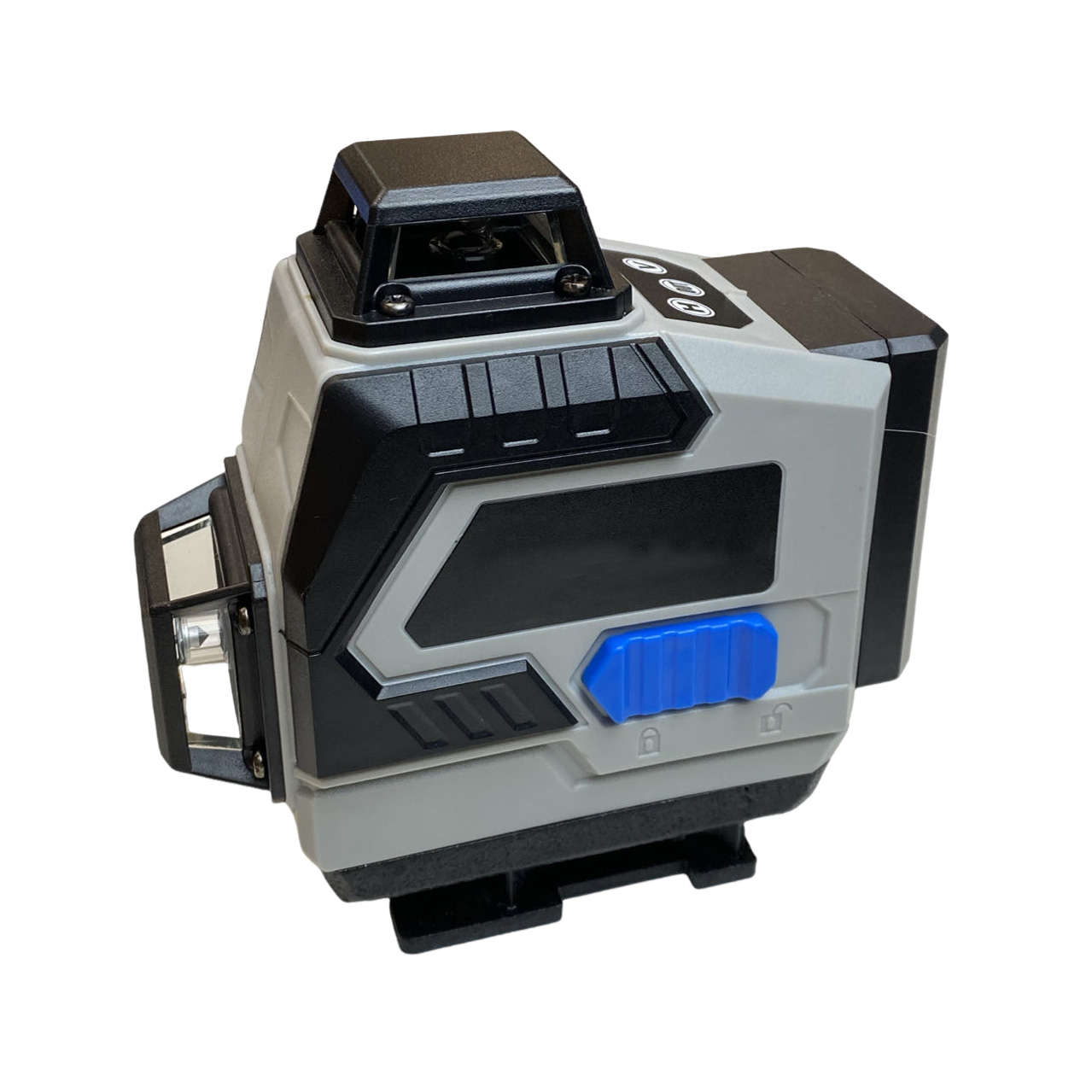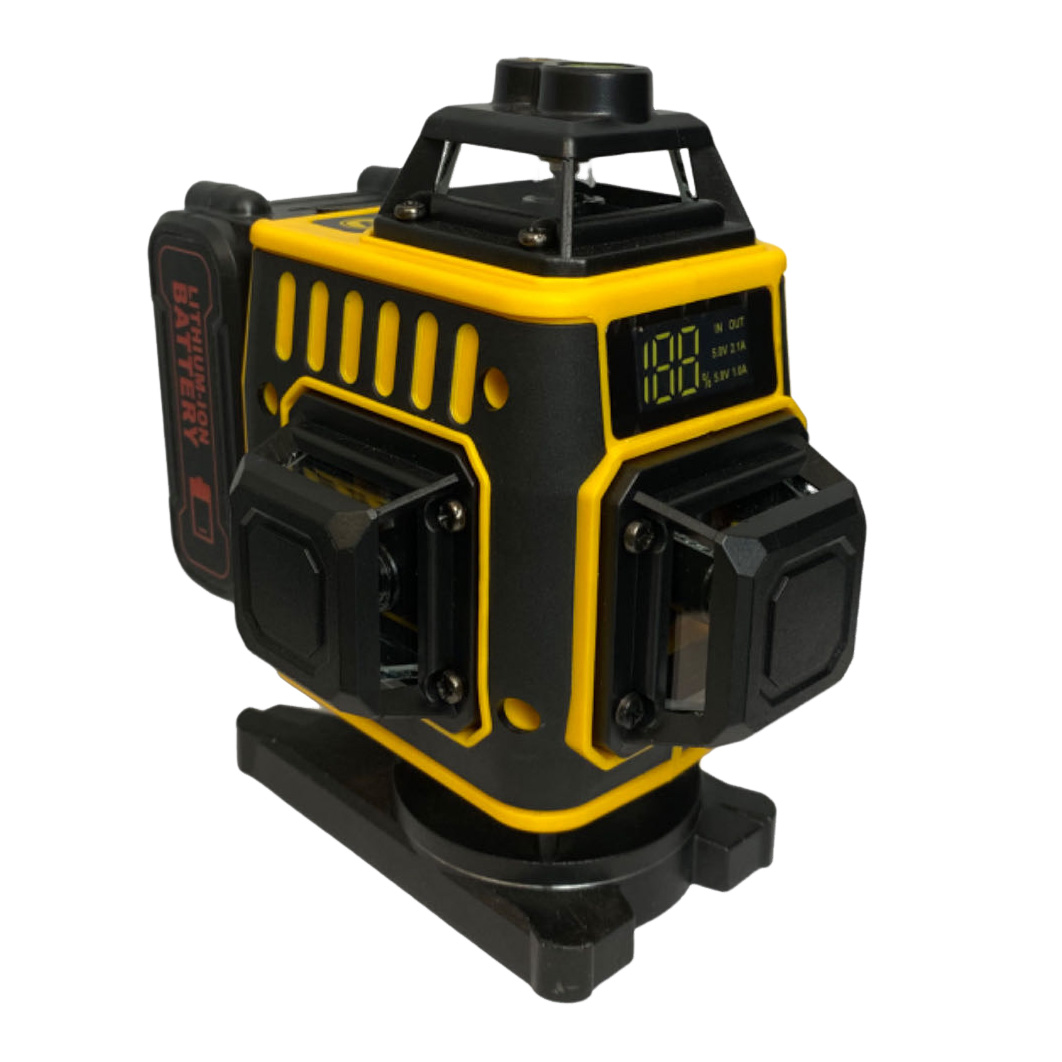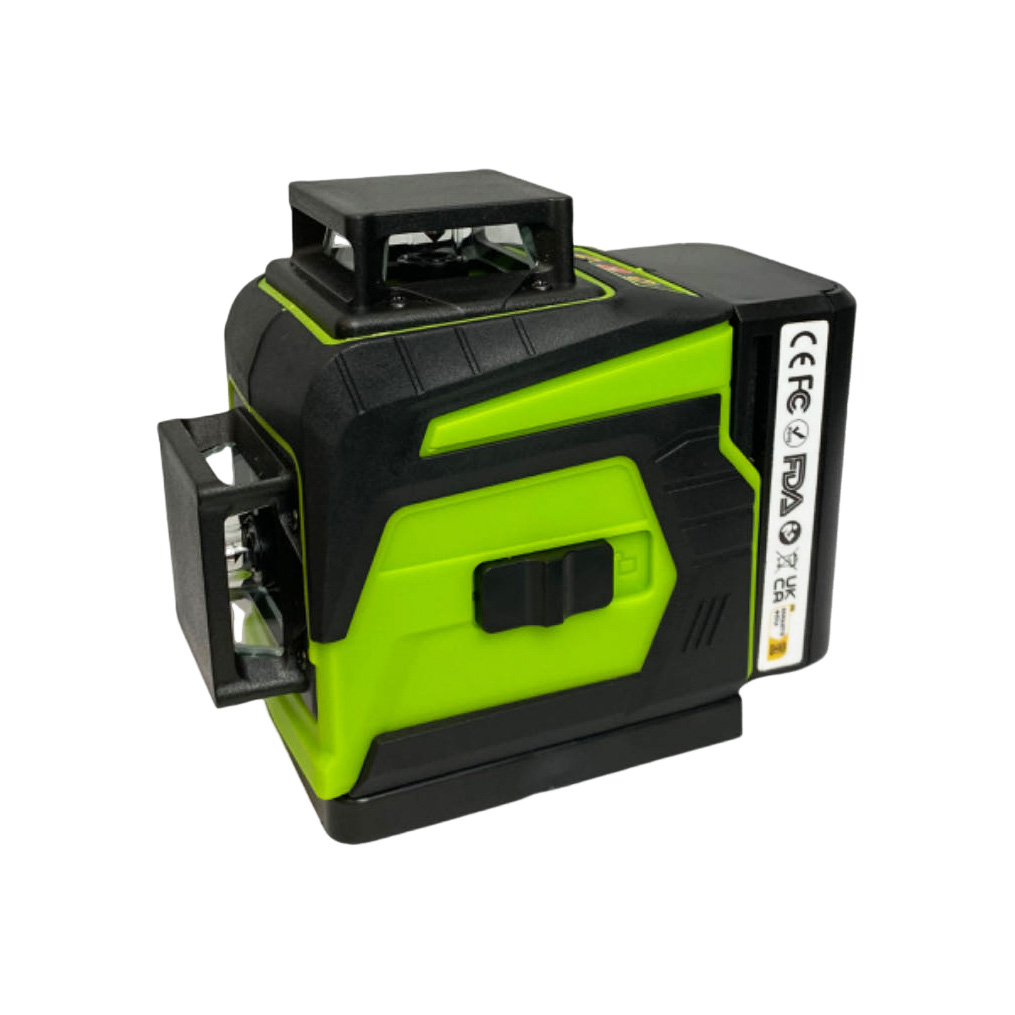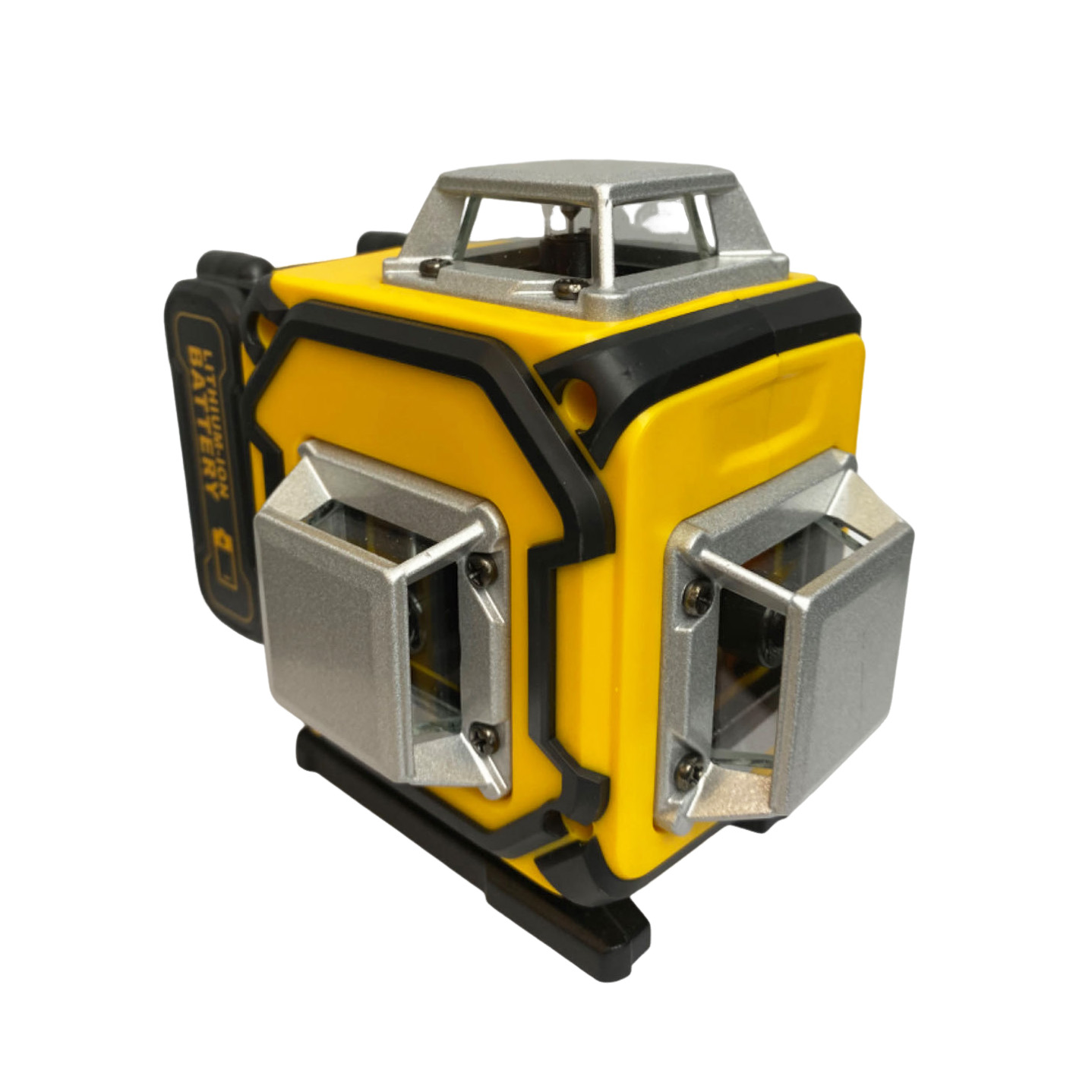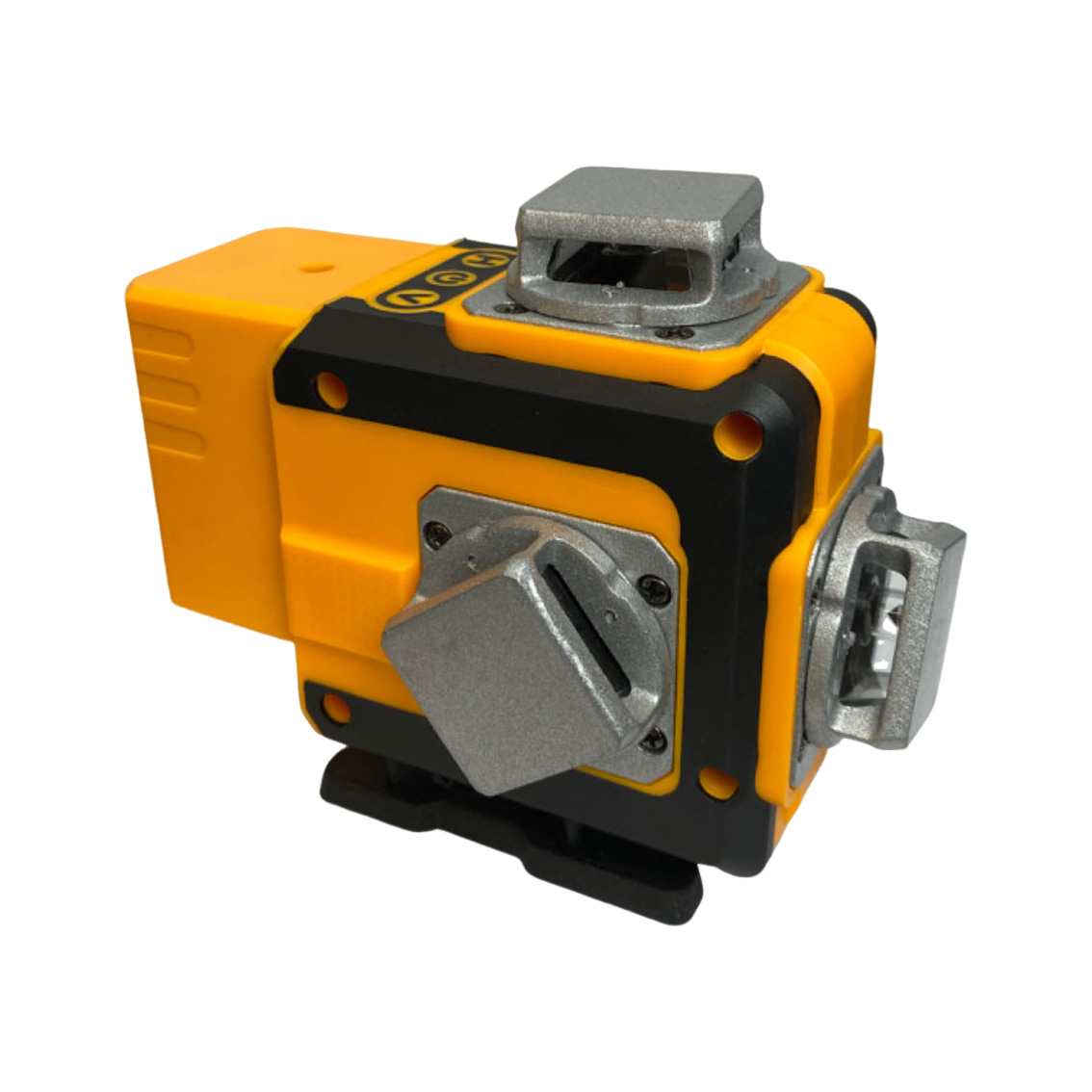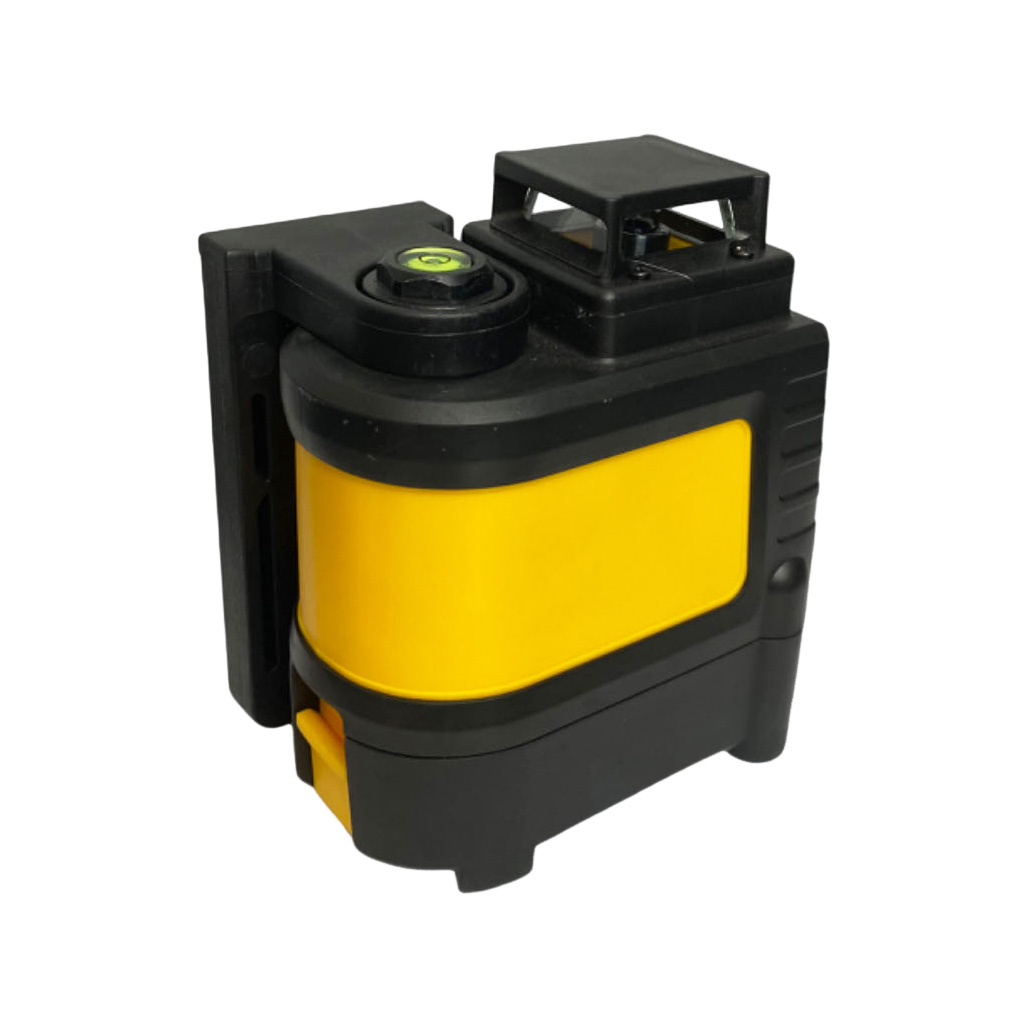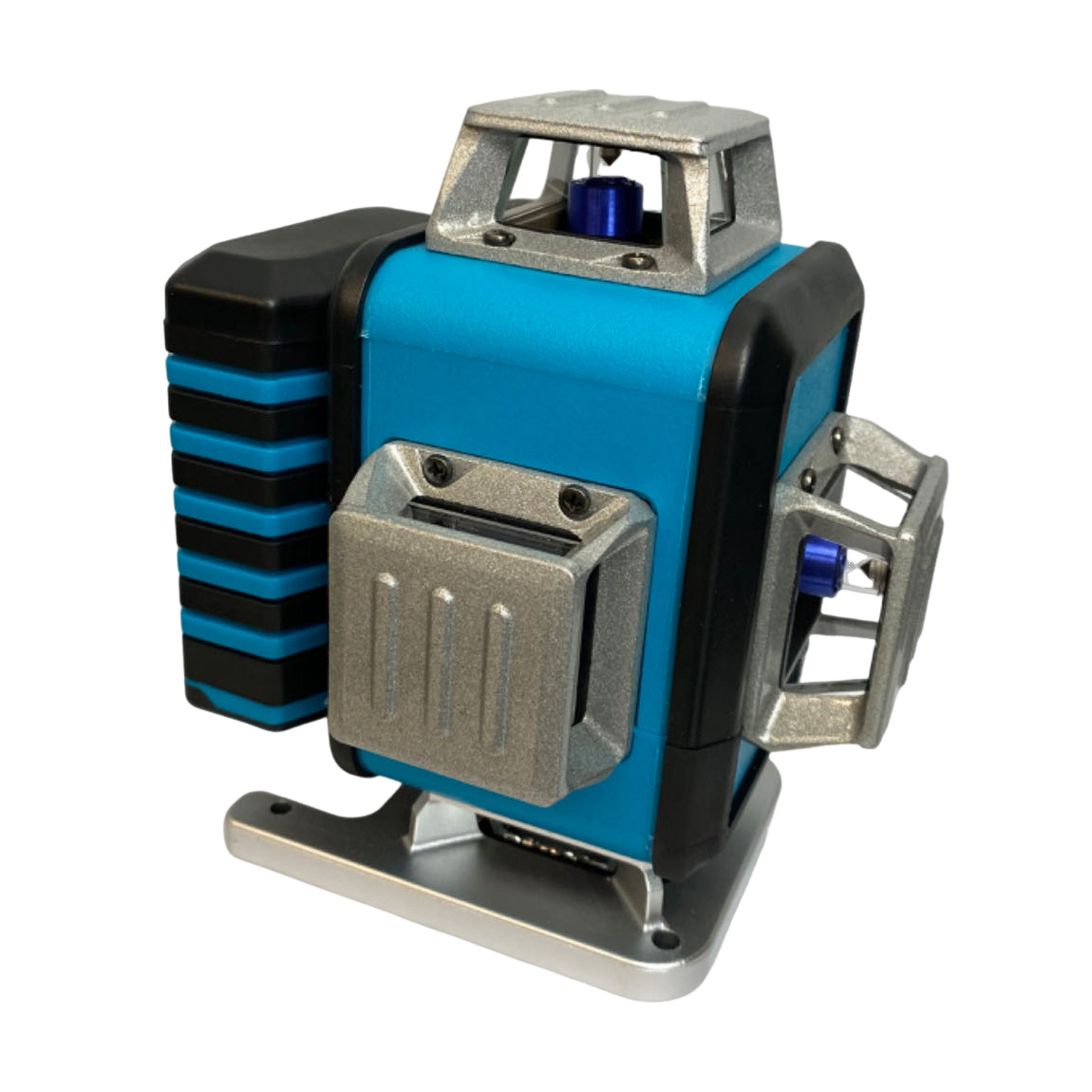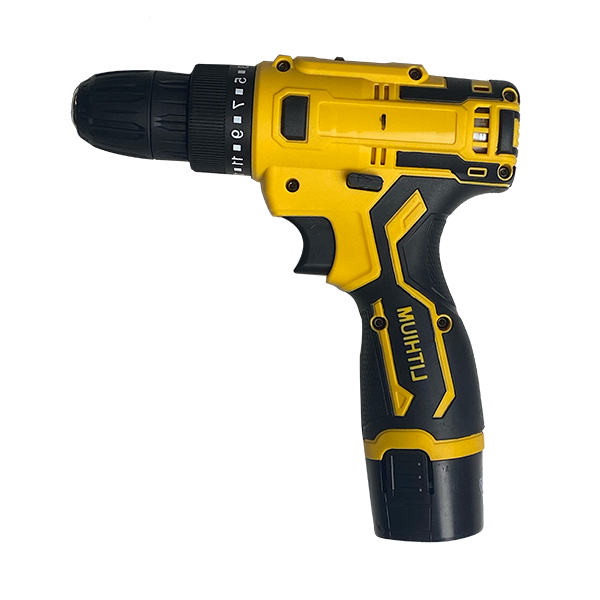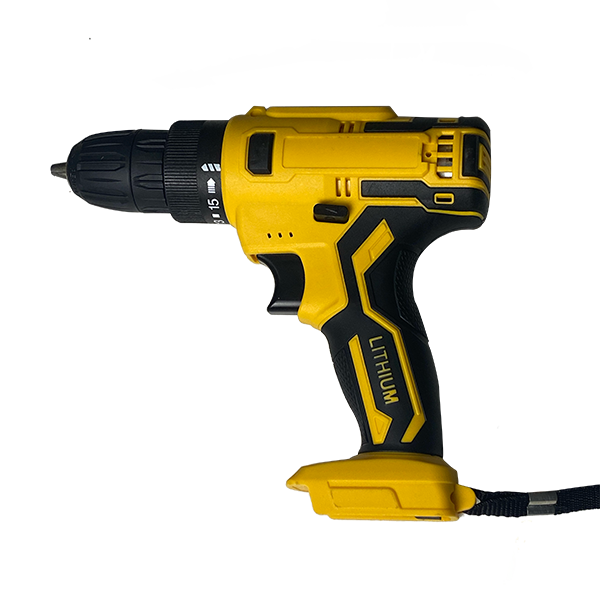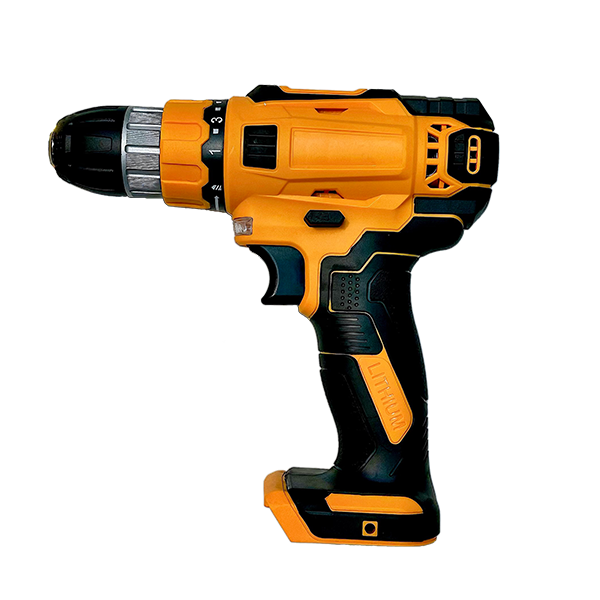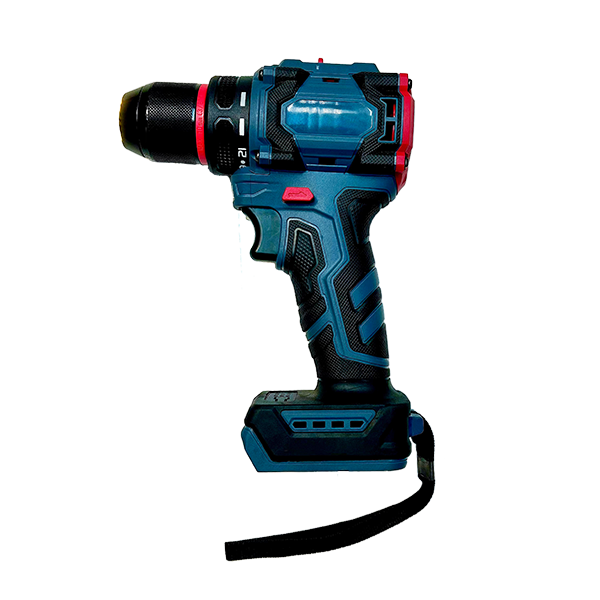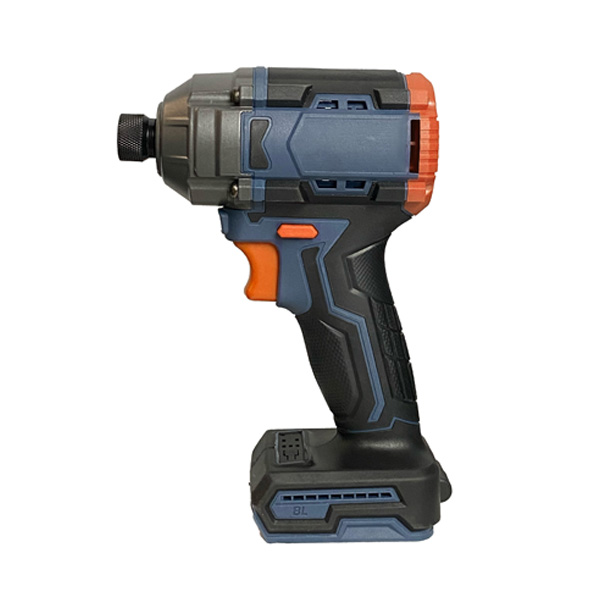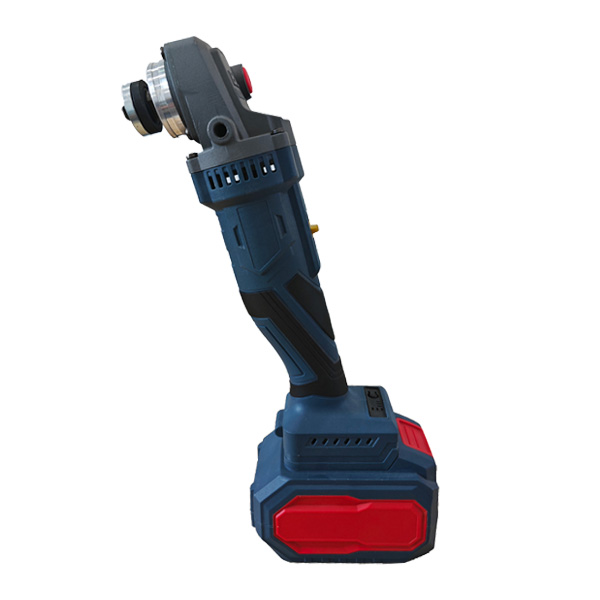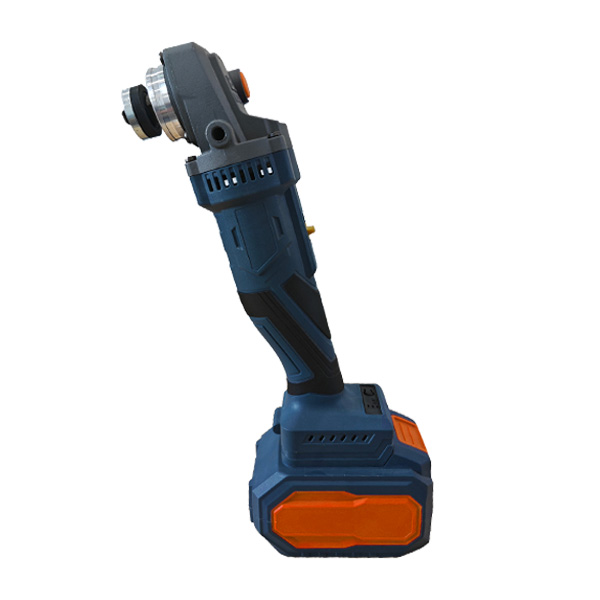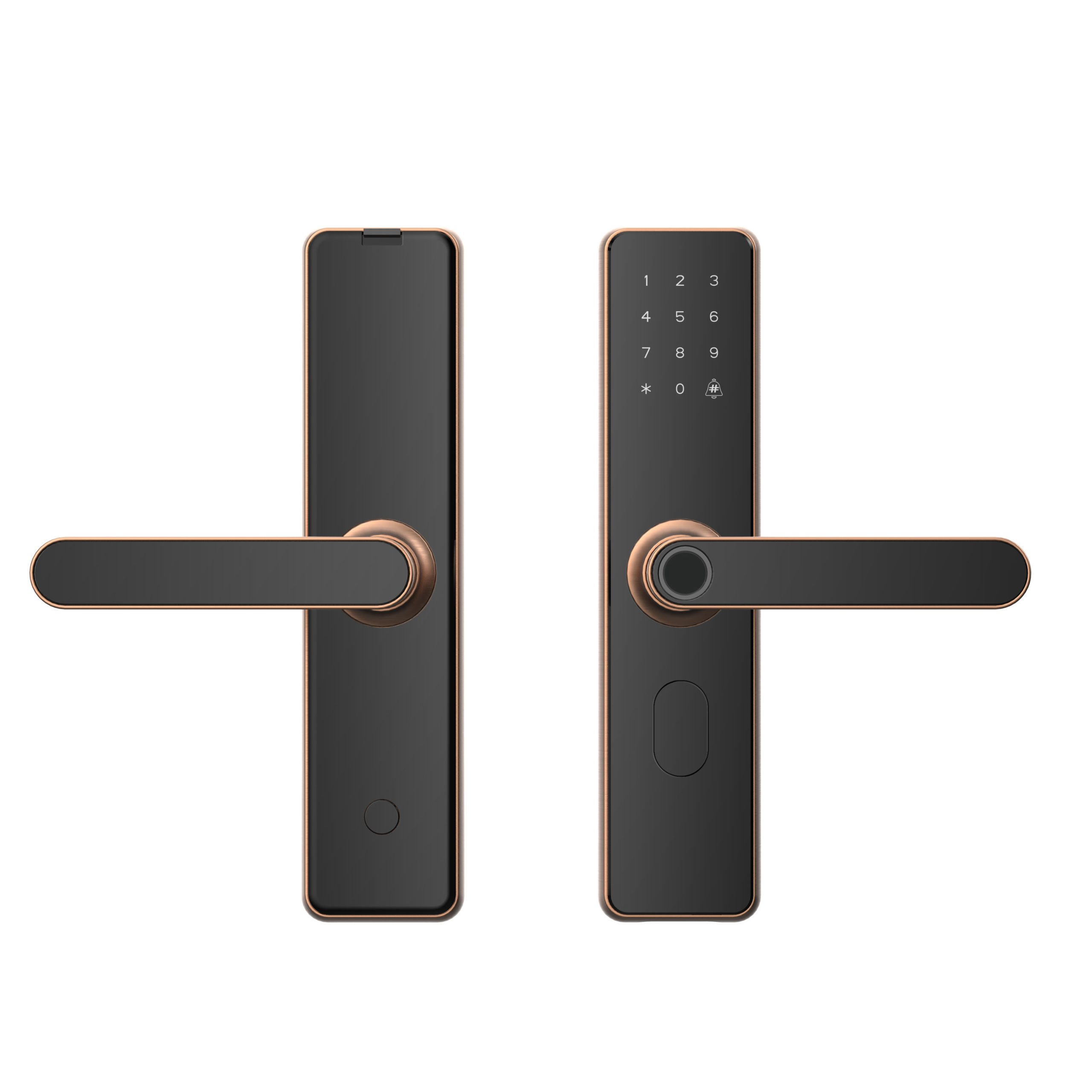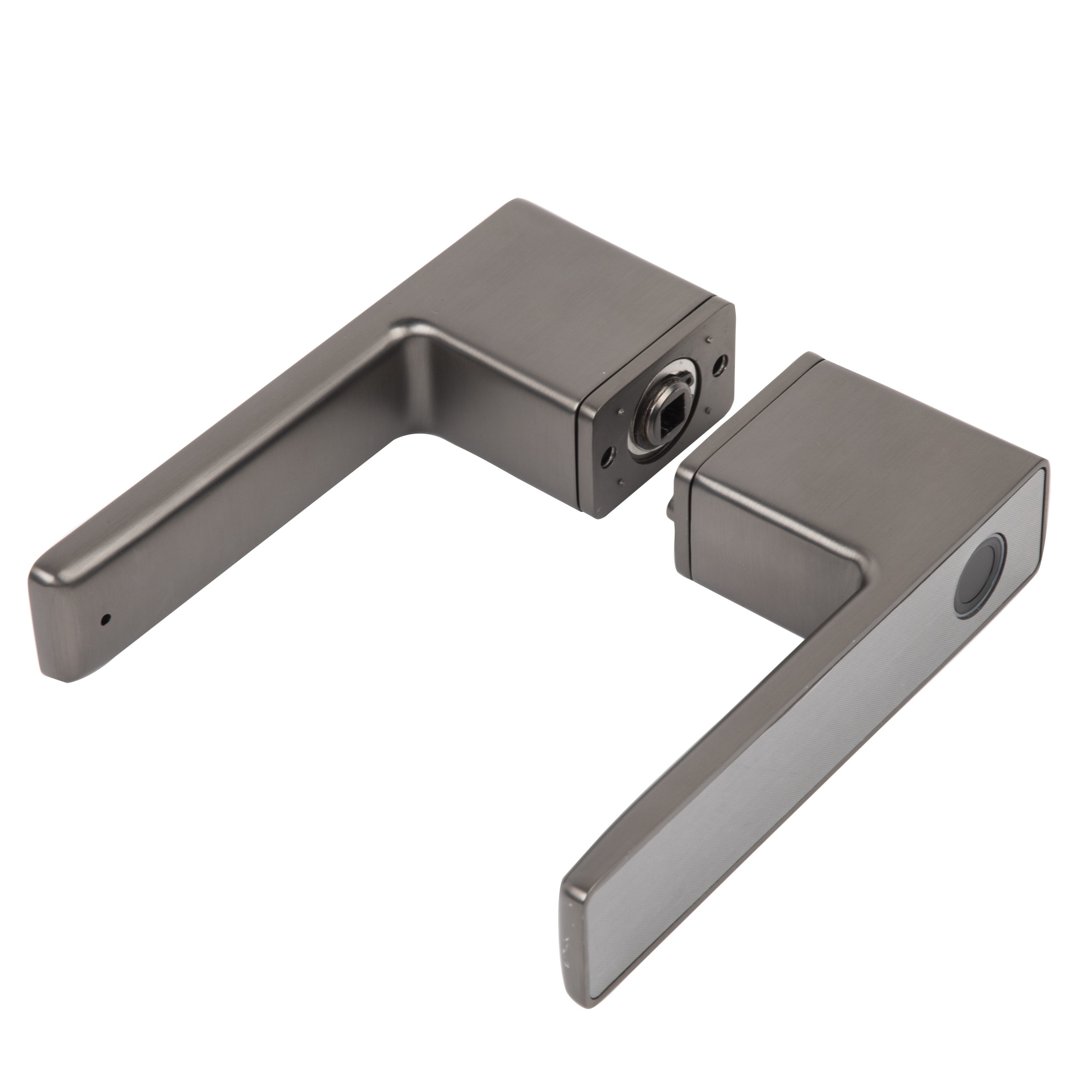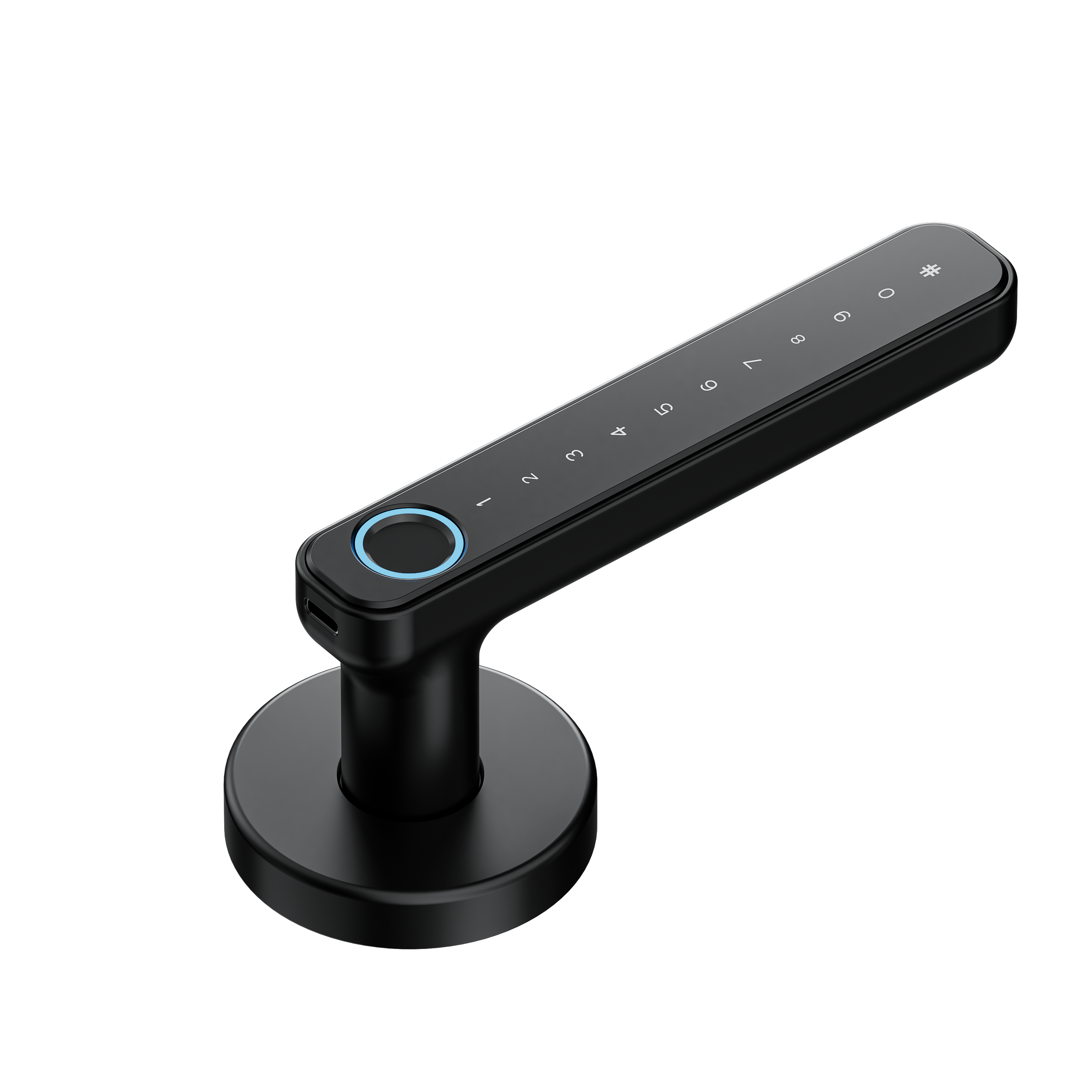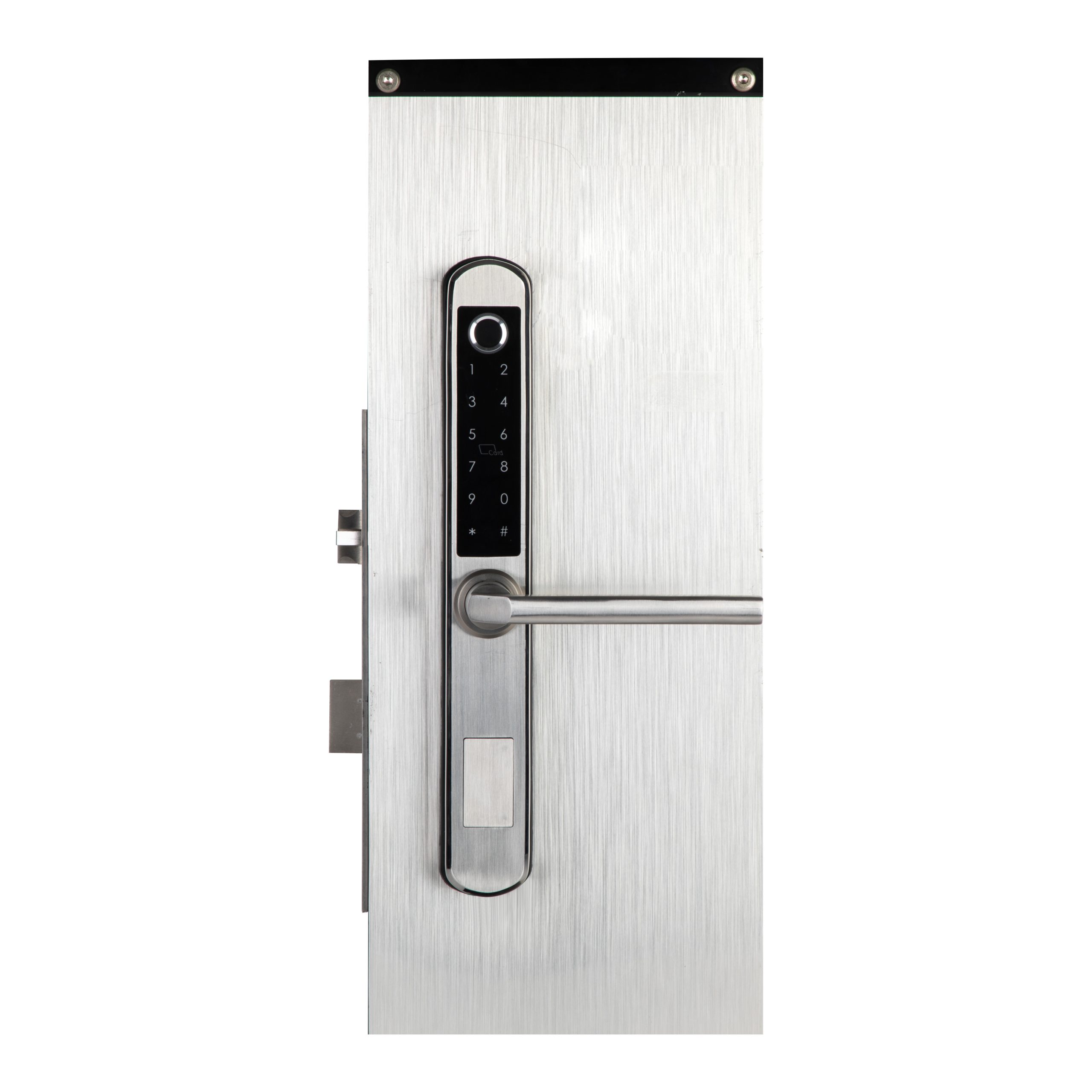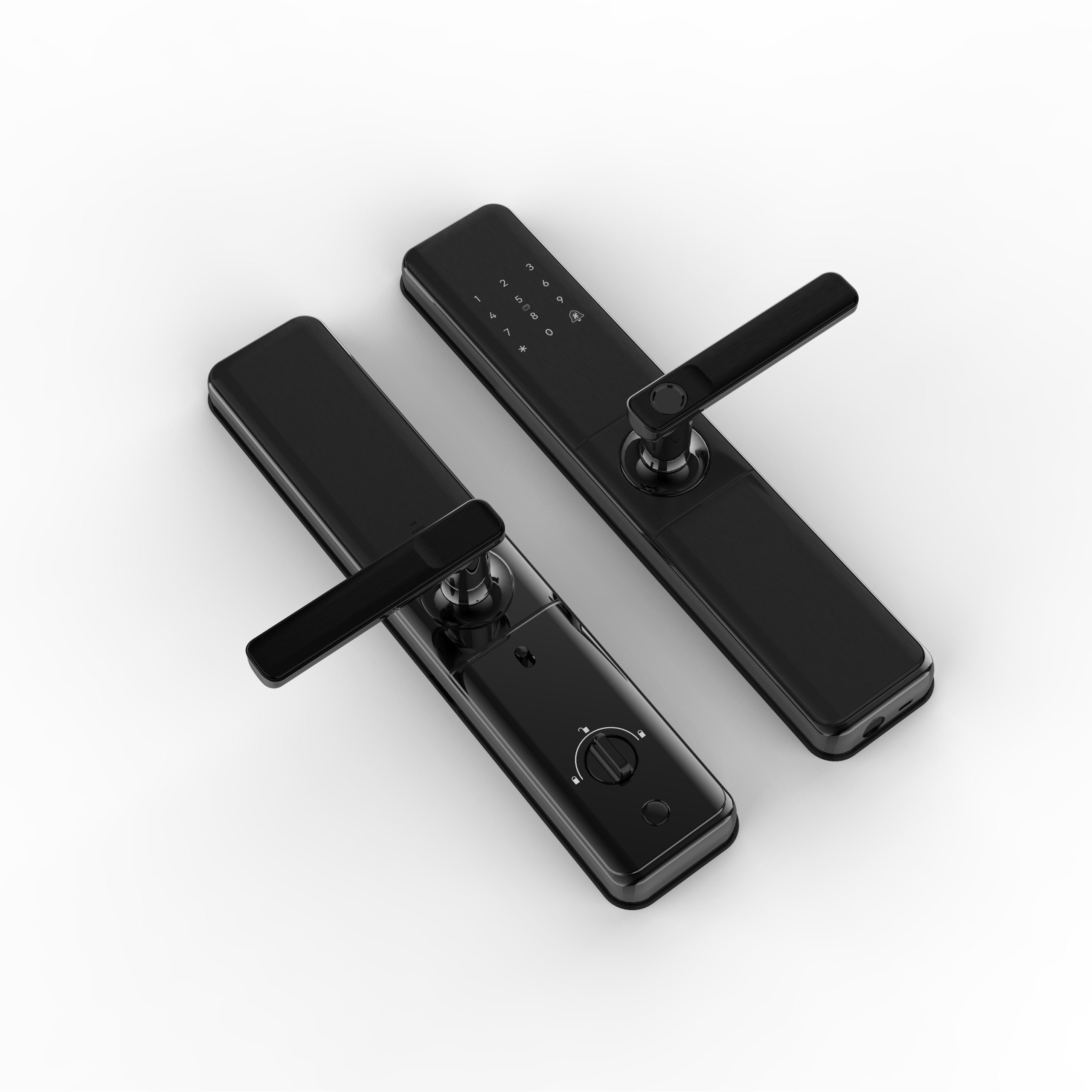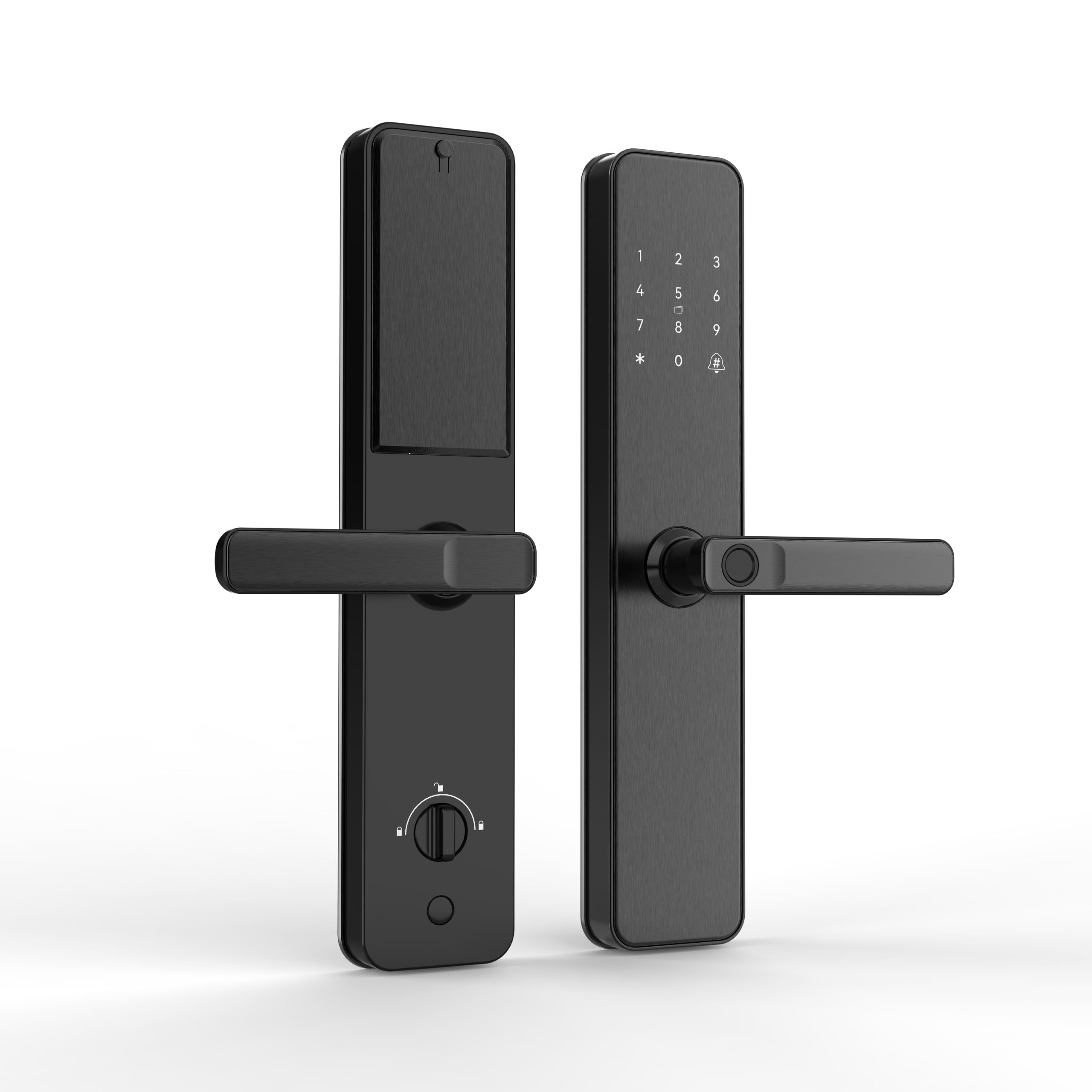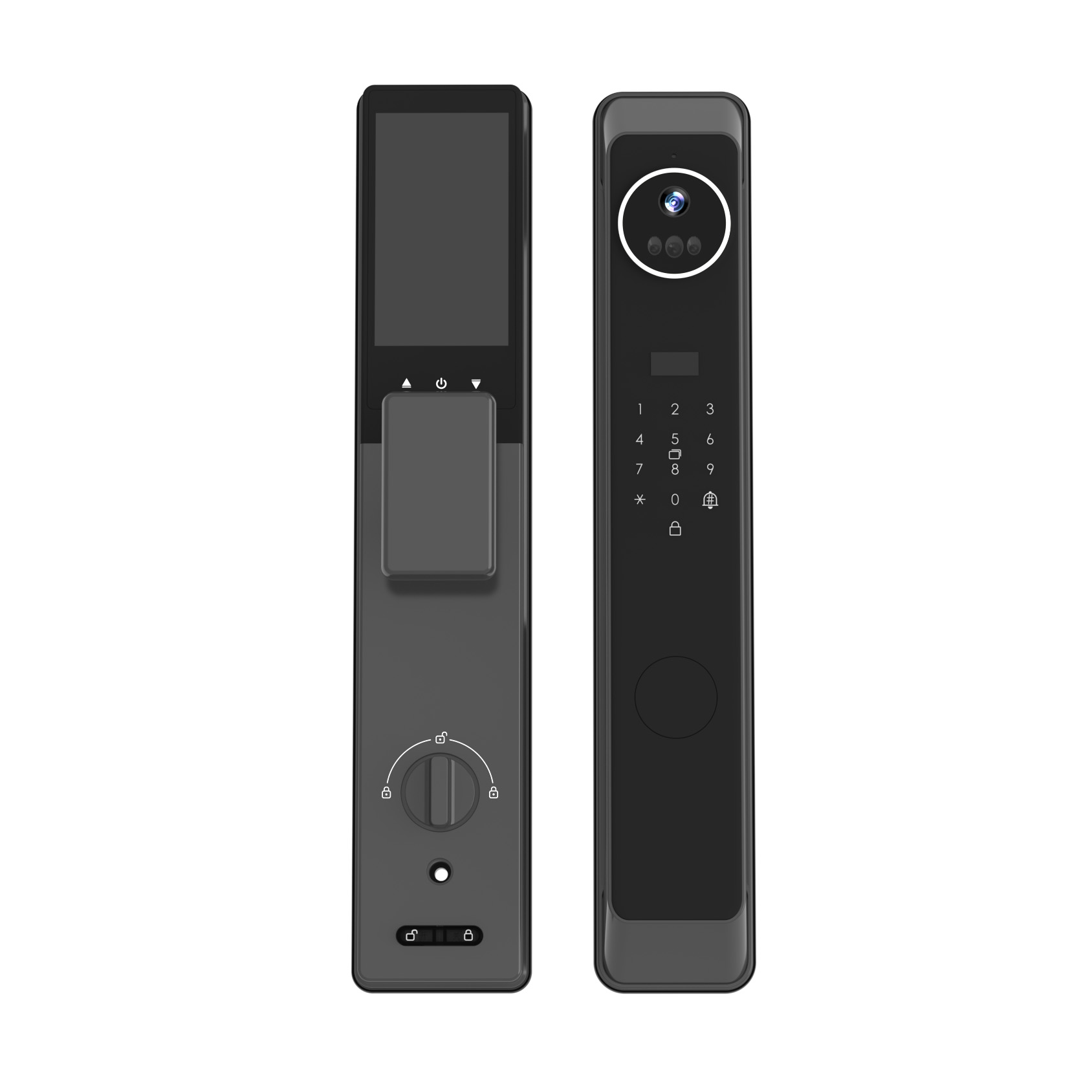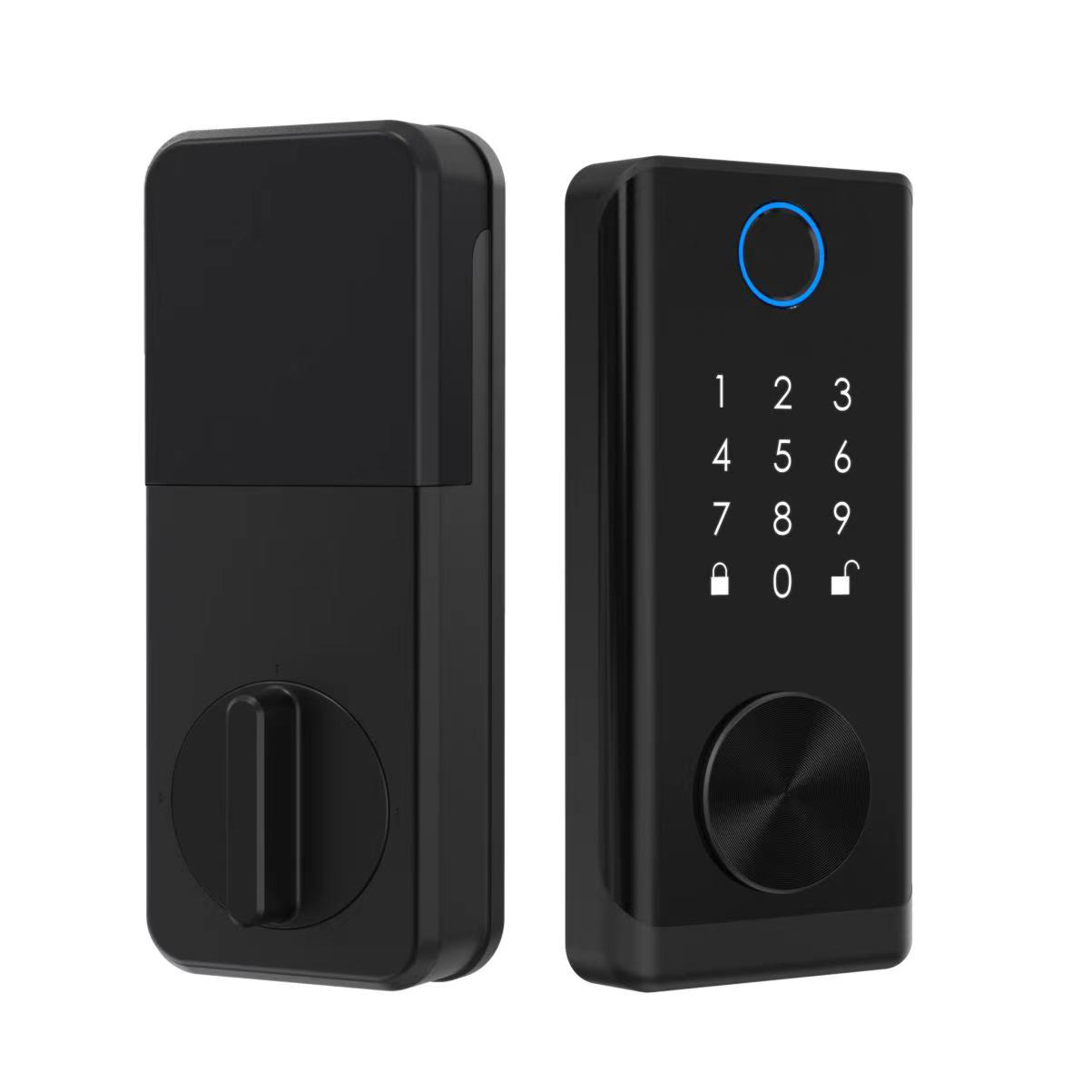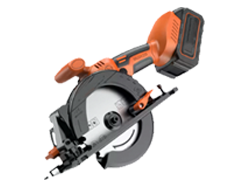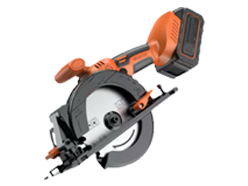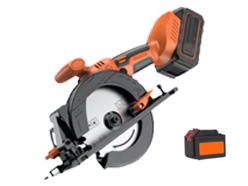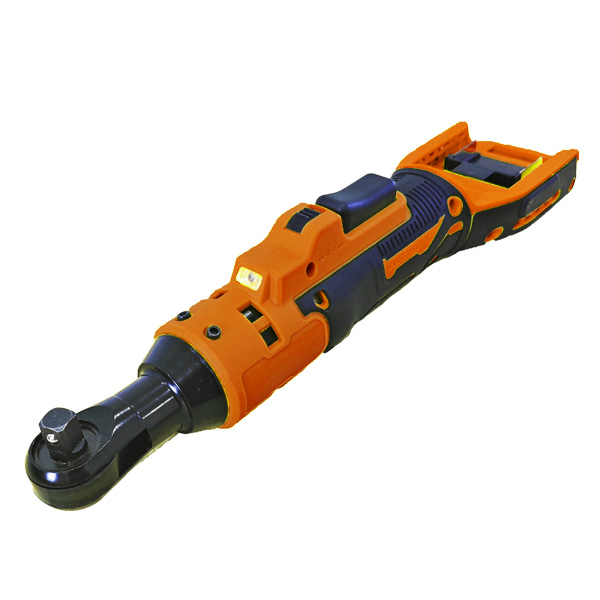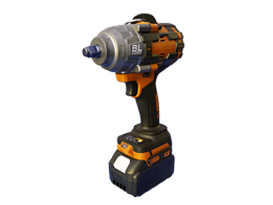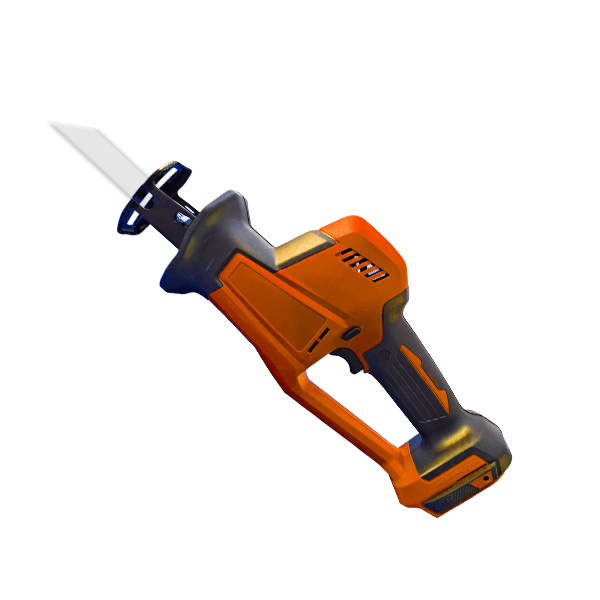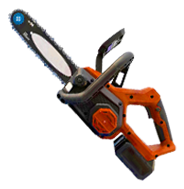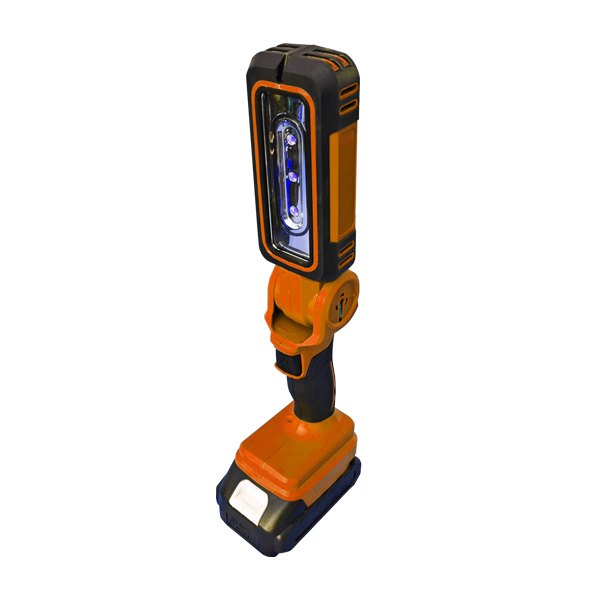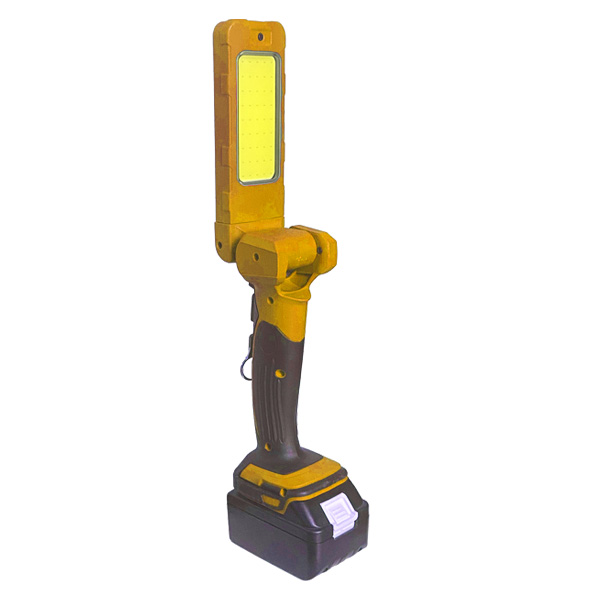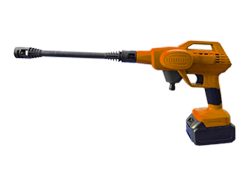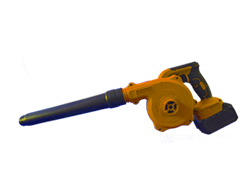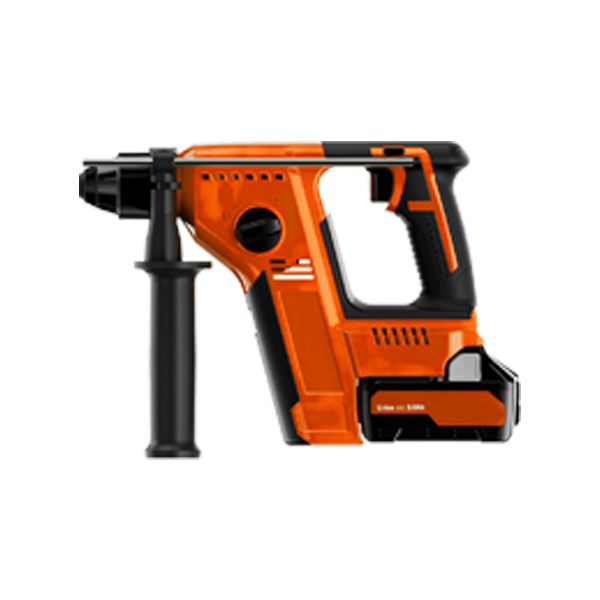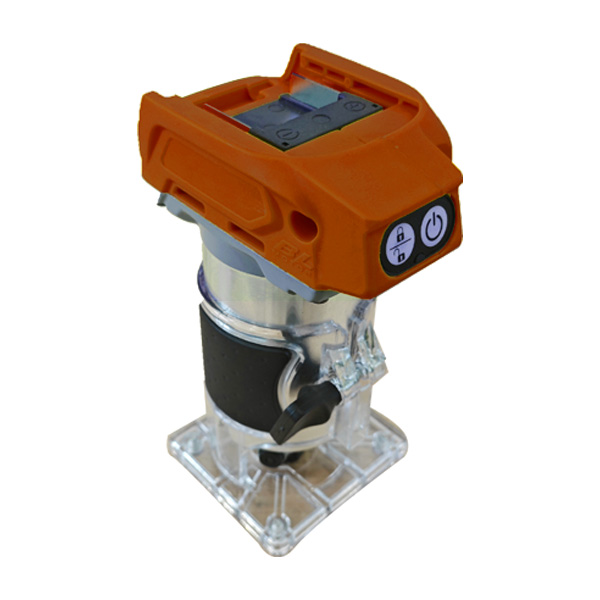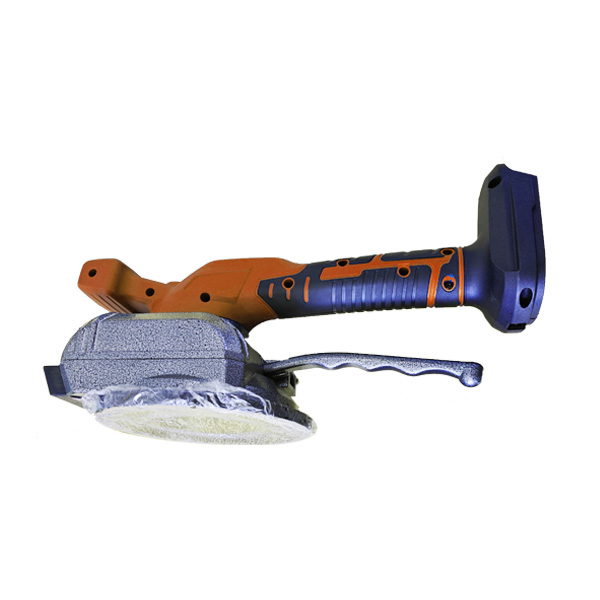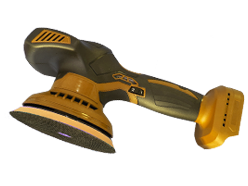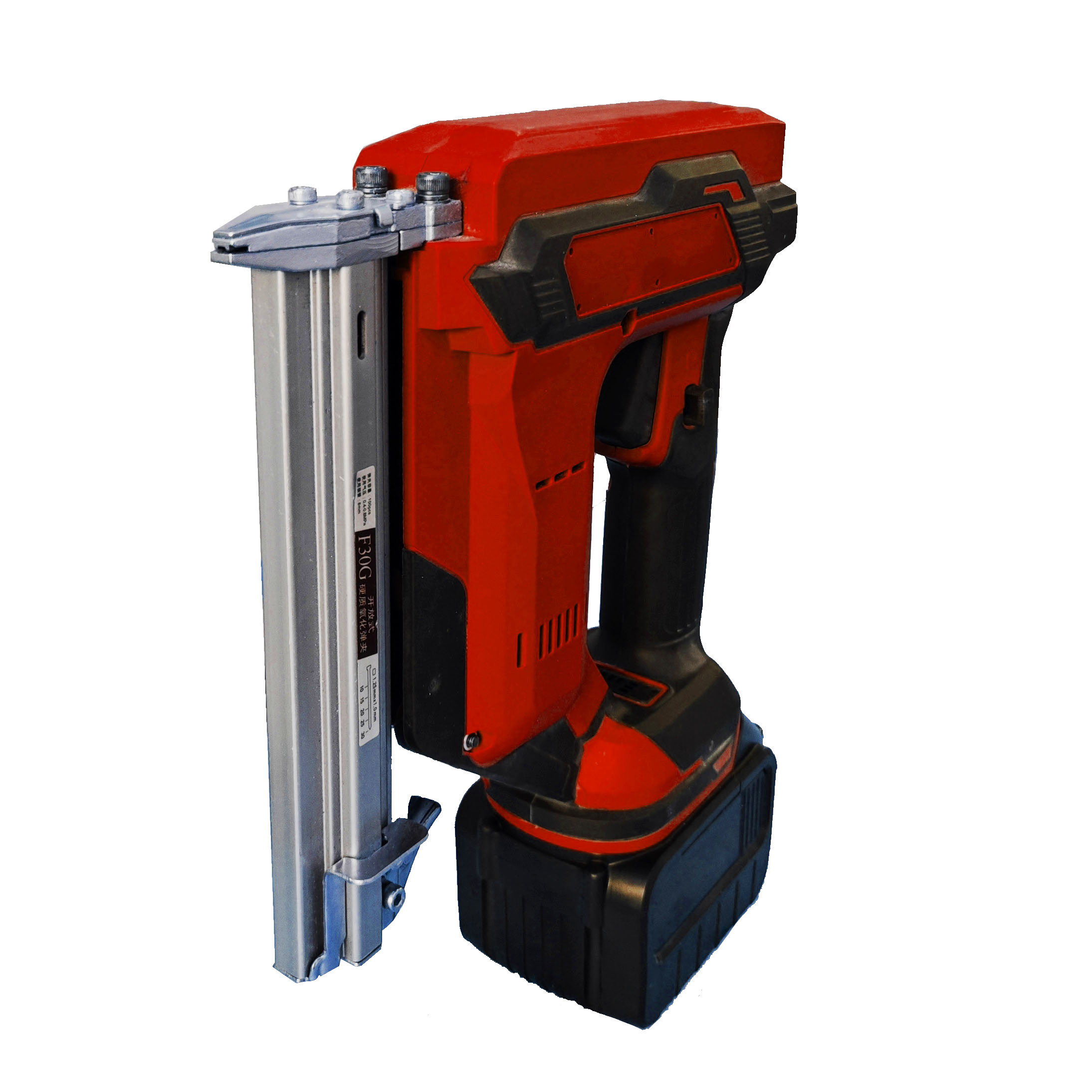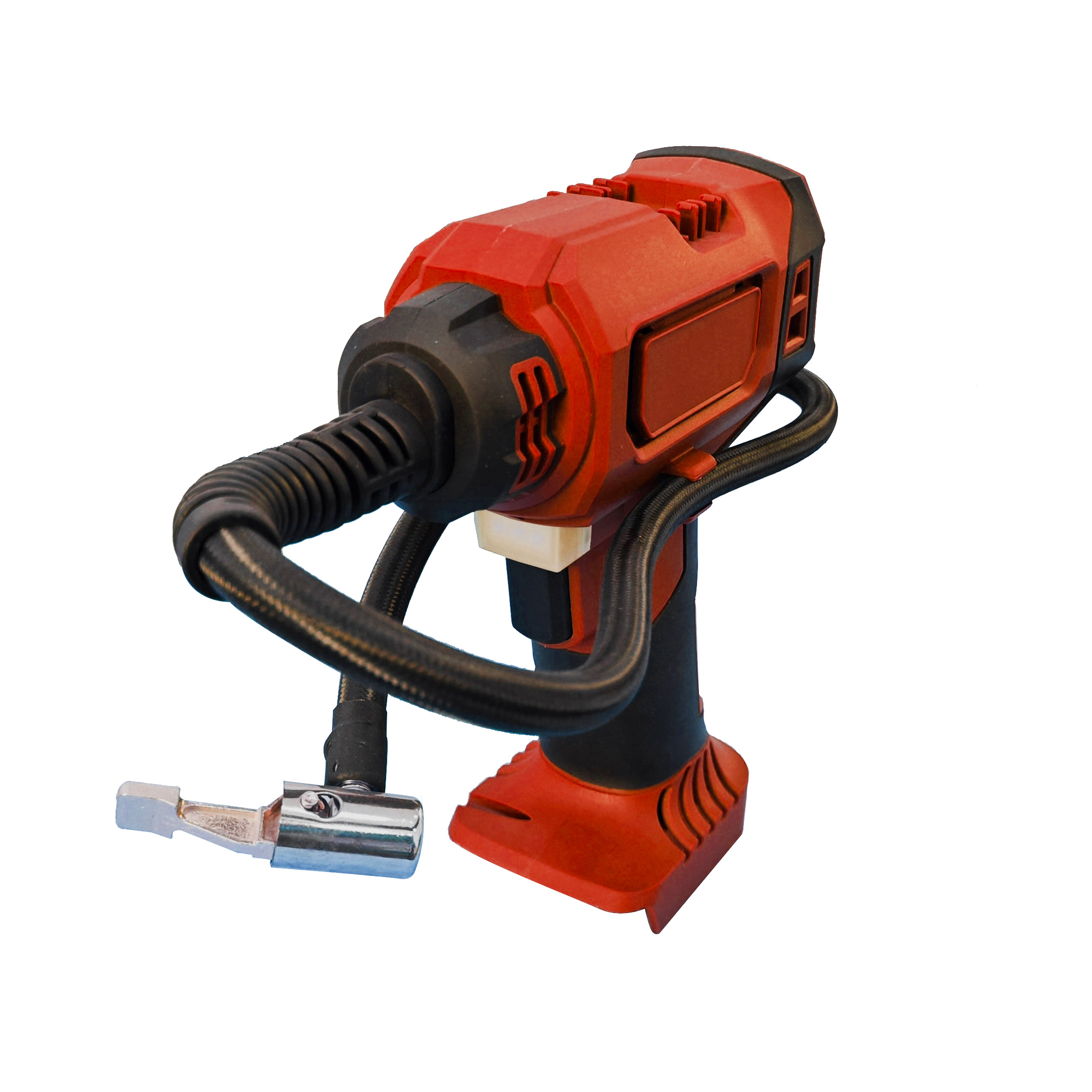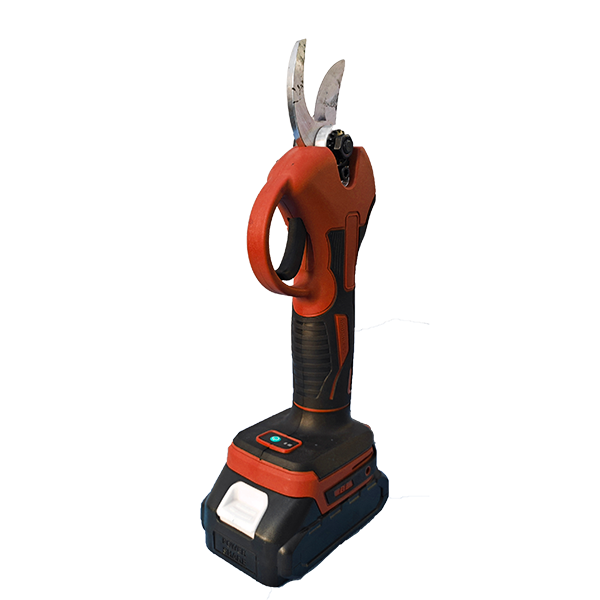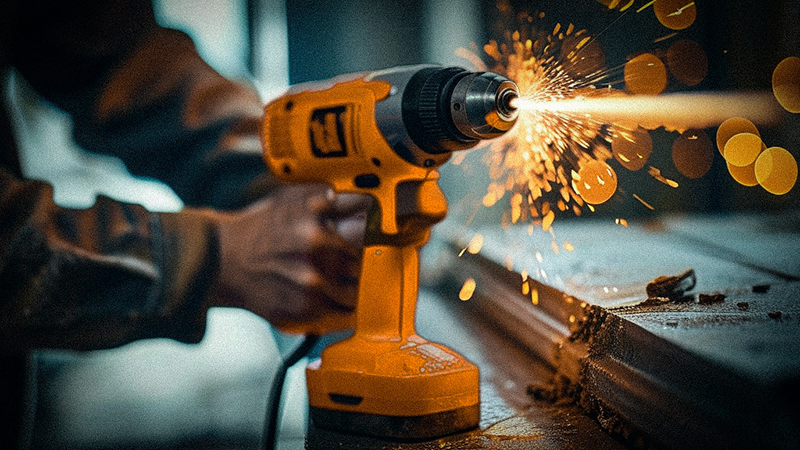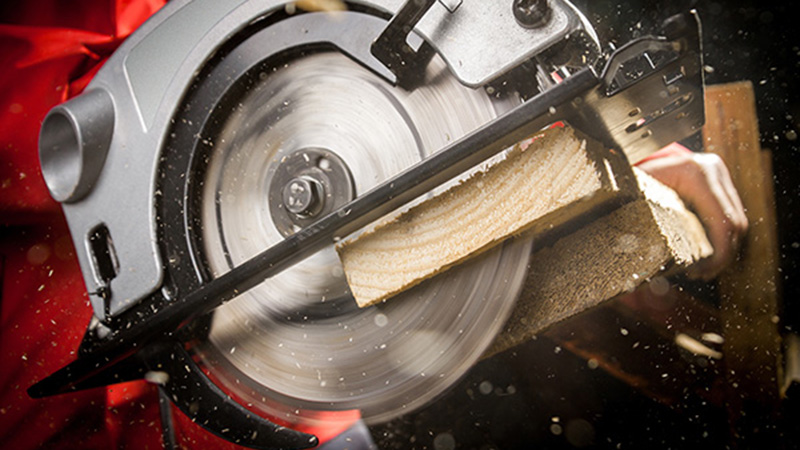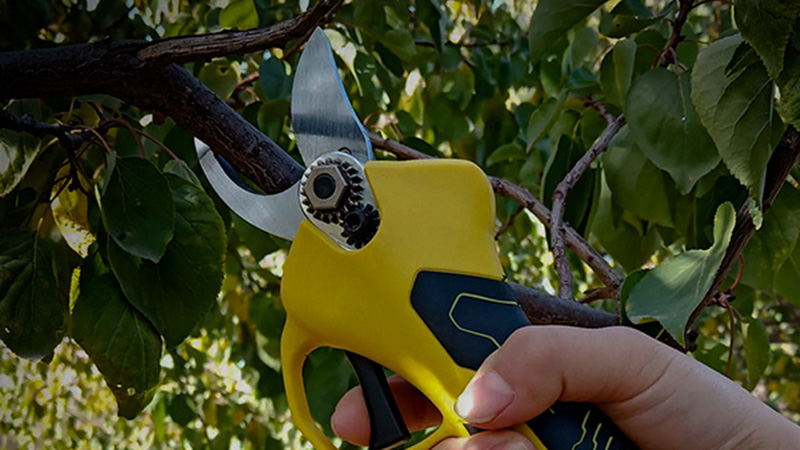This article dives into the world of smart door locks, exploring both the advantages and disadvantages of installing these increasingly popular home security devices. We'll examine everything from convenience and enhanced security features to potential vulnerabilities and cost considerations, helping you decide if a smart lock is the right choice for your home or business.
What is a Smart Door Lock and How Does it Work?
A smart door lock is an electromechanical lock that performs locking and unlocking operations on a door when it receives such instructions from an authorized device using a wireless protocol and a cryptographic key to execute the authorization process. Essentially, it's a keyless entry system that replaces your traditional key with a digital one, often managed through your smartphone or a dedicated keypad. Smart locks also include a monitoring aspect. They record every action and send an alert to the owner’s devices about the activity.
Smart locks communicate using various technologies, including Bluetooth, Wi-Fi, and Z-Wave. Bluetooth connectivity is typically used for close-range control, while Wi-Fi allows for remote access and control from anywhere with an internet connection. Many smart locks can also integrate with other smart home devices, such as security cameras and smart assistants like Alexa or Google Home, for added functionality.
What are the Advantages of Using a Smart Lock?
Smart locks offer a range of benefits that are transforming the way we secure our homes. One of the primary advantages is convenience. Imagine never having to fumble for your keys again! With a smart lock, you can unlock the door with a tap on your smartphone, a code entered on a keypad, or even with a fingerprint scan, depending on the model. This keyless entry system is especially beneficial for those who frequently forget their keys or have their hands full.
Beyond convenience, smart locks can provide enhanced security. Many smart locks allow you to create temporary access codes for guests, service providers, or family members. This eliminates the need to hand out physical keys and allows you to track who's come and gone, granting you greater control over who enters your home. As a company owner and procurement officer like Mark Thompson in the USA, who regularly buys Cordless Lithium Power tools from China, this feature would be highly valuable for managing access to his warehouse or office. This can improve a home's security as a landlord can easily change the locks once a renter leaves.
Are Smart Locks More Secure Than Traditional Locks?
While traditional locks rely on physical keys, which can be lost, stolen, or duplicated, smart locks utilize digital encryption to prevent unauthorized access. This encryption makes them significantly harder to pick than traditional locks. However, it's essential to be aware of the potential vulnerabilities of any connected device.
Smart Locks locks offer an added layer of security because unlike old-school locks they are reinforced with a dead bolt. Locks can provide an extra layer of protection that is not susceptible to the standard lock-and-key systems kind of break-in. Smart locks take away one of the biggest security dangers: having a locksmith create a copy of the key.
What are the Disadvantages of Smart Door Locks?
One of the main cons of using a smart door lock is the potential for technical issues. Like any electronic device, smart locks can be susceptible to glitches, software bugs, or connectivity problems. If the lock malfunctions, you could get locked out of your home. The security of your smart home depends on whether you take necessary precautions to ensure that no one can gain unauthorized access to your connected home.
Another concern is the reliance on power. While many smart locks have battery backups, a power outage could potentially render the lock inoperable, unless it has a physical key override. Furthermore, some users may find the initial setup and configuration process more complex than installing a traditional lock. If your phone is stolen, it will compromise your home security.
Can a Smart Lock Still Function During a Power Outage?
Most smart door locks are designed to operate on battery power, allowing them to function even during a power outage. However, it's crucial to regularly change the battery to ensure the lock remains operational. Some models also offer a physical key override as a backup in case of battery failure or other technical issues.
If the power outage shuts down your Wi-Fi network, features like remote unlocking will not work. However, smart locks that utilize Bluetooth and Wi-Fi can still be controlled locally via Bluetooth as long as your smartphone is within range. It's always a good idea to have a contingency plan in place, such as a hidden spare key or a trusted neighbor who can provide access in emergencies.
How Much Does a Smart Lock Cost?
The cost of a smart lock can vary significantly depending on the features, brand, and type of lock. Basic models with keypad entry can start around \$100, while more advanced models with features like fingerprint scanning, remote access, and integration with other smart home systems can cost upwards of \$300.
Consider the long-term value when evaluating the cost. While the initial investment might be higher than a traditional lock, the added convenience, enhanced security, and potential for integration with other smart home devices can make it a worthwhile investment for many homeowners. The global market for smart locks is expected to hit \$3.31 billion by 2025, according to a report by Million Insights, showing their increasing popularity and affordability.
How Easy is it to Install a Smart Door Lock? Do I Need a Locksmith?
Many smart locks are designed for easy DIY installation, often requiring only a screwdriver and a few minutes of your time. Most models come with detailed instructions and online tutorials to guide you through the process. However, if you're uncomfortable working with locks or wiring, it's always best to consult a professional locksmith.
A locksmith can ensure that the smart lock is installed correctly and securely, minimizing the risk of any future issues. They can also advise you on the best type of smart lock for your specific needs and security requirements. Even experienced procurement officers like Mark Thompson, while knowledgeable in sales, might benefit from a locksmith's expertise for proper installation. For instance, the OAluminum Alloy Remote Home Electronic Digital WiFi Smart Fingerprint Verification Door Lock—X9 includes advanced features that might be best installed by a professional.
What are the Different Types of Smart Locks Available?
There are several types of smart locks available, each with its own unique features and benefits:
- Keypad Locks: These locks allow you to unlock the door by entering a code on a keypad. They're a simple and affordable option, but remember that someone could potentially see you input special codes.
- Fingerprint Locks: These locks use biometric technology to unlock the door with your fingerprint. They offer a high level of security and convenience, like the Custom Home Security Tuya 3D Face Smart Locks Waterproof Digital Fingerprint Door Lock—Y8 that also offers 3D face recognition.
- Smartphone-Controlled Locks: These locks connect to your smartphone via Bluetooth or Wi-Fi, allowing you to lock and unlock your door remotely. They often include features like activity logs and guest access management.
- Combination Locks: Some smart locks offer a combination of features, such as a keypad, fingerprint scanner, and smartphone control, providing multiple ways to access your home.
This image is a good representation of a Fingerprint Door Lock.

How Can I Protect My Smart Lock from Hackers?
While smart locks offer enhanced security, they are still susceptible to hacking, like any connected device. However, there are steps you can take to minimize the risk:
- Choose a Reputable Brand: Opt for smart locks from well-known and trusted manufacturers with a strong track record of security.
- Use Strong Passwords: Create unique and complex passwords for your smart lock app and Wi-Fi network.
- Enable Two-Factor Authentication: This adds an extra layer of security by requiring a second verification method, such as a code sent to your phone, in addition to your password.
- Keep Software Updated: Regularly update the firmware and app for your smart lock to ensure you have the latest security patches.
- Monitor Activity Logs: Regularly check the activity logs provided by your smart lock app to detect any suspicious activity.
Here is an image of a home security lock.

Are Smart Locks Worth the Investment? A Summary of the Pros and Cons.
Smart locks represent a significant advancement in home security and convenience. They offer keyless entry, remote access, and enhanced security features that can give you peace of mind. However, they also come with potential vulnerabilities, including technical issues, power dependence, and the risk of hacking.
The smart lock system can do many things, the smart lights turn on when you come home.
Here's a quick summary:
Pros:
- Convenience: Keyless entry, remote locking and unlocking.
- Enhanced Security: Guest access codes, activity logs, tamper alerts.
- Integration: Connects with other smart home devices for added functionality.
- Control: Manage access for family, friends, and service providers.
- No More Lost Keys: Eliminate the worry about forgetting or losing keys.
Cons:
- Technical Issues: Potential for glitches, software bugs, or connectivity problems.
- Power Dependence: Reliance on battery power or a stable electrical supply.
- Hacking Risk: Vulnerability to hacking if proper security measures aren't taken.
- Cost: Higher initial investment compared to traditional locks.
- Complexity: Installation and setup may require technical expertise.
Ultimately, the decision of whether or not to invest in a smart door lock depends on your individual wants and needs, risk tolerance, and budget. Carefully weigh the pros and cons of smart locks, consider your security priorities, and choose a smart lock that best fits your lifestyle. Just as Mark Thompson carefully evaluates suppliers for his power tool business, homeowners should carefully evaluate smart lock options to ensure they make an informed decision.
For those looking for a heavy duty lock, the Heavy Duty Zinc Alloy Door Lever Handles Matte Black Lock Handle Square Door Lock—N10 provides a robust and reliable option.
Key Takeaways for Choosing a Smart Lock:
- Assess your needs: Determine what features are most important to you (keyless entry, remote access, guest codes, etc.).
- Research different brands: Compare models, read reviews, and check security ratings.
- Consider your budget: Smart locks range in price, so set a budget before you start shopping.
- Prioritize security: Choose a lock with strong encryption and security features.
- Plan for installation: Decide if you'll DIY or hire a professional locksmith.
- Maintain them properly: and replace batteries.
- Stay informed: Keep up-to-date on the latest security best practices for smart home devices.
- If you’re renting you must have your landlord approve the digital lock.
By following these tips, you can make a smart and informed decision about whether a smart lock is the right choice for your home, ensuring both convenience and enhanced security.
Post time: 2 月-27-2025

